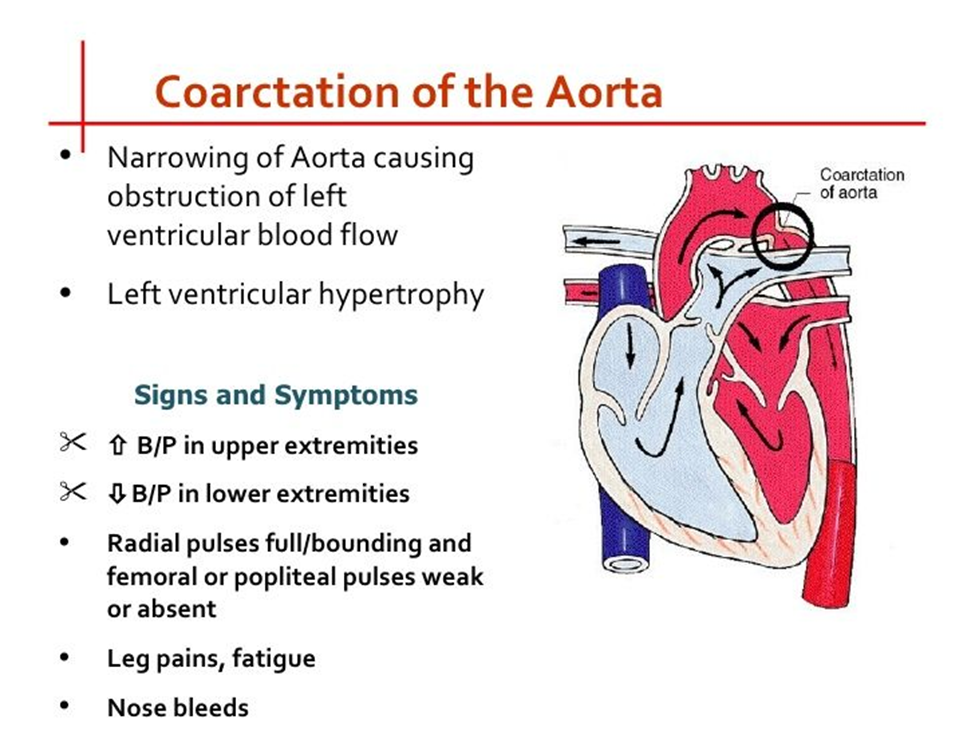A nurse is reinforcing discharge instructions with a parent of a child who has cystic fibrosis. Which of the following statements by the parent indicates an understanding of the teaching?
"I will restrict the amount of salt in my child's meals."
"I will put my child in daycare to ensure that she socializes with other children."
"I will make sure my child washes her hands before eating.”
“I will provide low-fat meals for my child."
The Correct Answer is C
A. "I will restrict the amount of salt in my child's meals."
Restricting salt intake is not typically recommended for children with cystic fibrosis (CF). In fact, individuals with CF often have increased salt requirements due to excessive salt loss through sweat. Restricting salt intake could potentially lead to electrolyte imbalances. Therefore, this statement does not demonstrate an understanding of the dietary management necessary for CF.
B. "I will put my child in daycare to ensure that she socializes with other children."
While socialization is important for a child's development, placing a child with CF in daycare may increase their risk of exposure to respiratory infections, which can be particularly dangerous for individuals with CF due to their compromised respiratory function. Therefore, this statement does not demonstrate an understanding of the infection control measures necessary for managing CF.
C. "I will make sure my child washes her hands before eating.”
This statement demonstrates an understanding of infection control measures, which are crucial for individuals with CF to reduce the risk of respiratory infections. Washing hands before eating helps prevent the transmission of bacteria and viruses that can cause respiratory infections. Therefore, this statement indicates an understanding of an important aspect of managing CF.
D. “I will provide low-fat meals for my child."
Providing low-fat meals is not typically recommended for children with CF. CF often leads to malabsorption of fats, so a diet high in calories and fat is typically recommended to ensure adequate nutrition and weight gain. Therefore, this statement does not demonstrate an understanding of the dietary recommendations necessary for managing CF.
Nursing Test Bank
Naxlex Comprehensive Predictor Exams
Related Questions
Correct Answer is B
Explanation
A. "I will elevate the affected area if possible."
This statement is correct. Elevating the affected area can help reduce swelling and minimize bleeding by promoting venous return. Elevating the limb above the level of the heart can aid in controlling bleeding and is a recommended intervention.
B. "I will apply warm compresses over the site."
This statement is incorrect. Applying warm compresses is generally not recommended for controlling bleeding in hemophilia. Heat can increase blood flow to the area, potentially exacerbating bleeding. Cold compresses or ice packs are typically recommended to help constrict blood vessels and reduce bleeding.
C. "I will have my child rest."
This statement is correct. Resting is an essential component of managing bleeding episodes in children with hemophilia. Physical activity and exertion can increase the risk of injury and bleeding, so it's important for children with hemophilia to avoid strenuous activities during bleeding episodes.
D. "I will promptly mobilize the involved area to relieve pain & decrease bleeding."
Immobilizing the affected area can help control bleeding and reduce pain by minimizing movement. This is also an appropriate response.
Correct Answer is C
Explanation
A. Machine-like murmur:
A machine-like murmur typically refers to a continuous murmur, which can be heard throughout systole and diastole. While machine-like murmurs can be associated with certain cardiac conditions, such as patent ductus arteriosus (PDA), they are not typically heard in coarctation of the aorta. In coarctation of the aorta, a systolic ejection murmur may be heard over the upper left sternal border due to turbulent blood flow across the narrowed aortic segment.
B. Severe cyanosis:
Cyanosis refers to a bluish discoloration of the skin and mucous membranes due to decreased oxygenation of the blood. While cyanosis can occur in various congenital heart defects, such as tetralogy of Fallot, it is not a characteristic manifestation of coarctation of the aorta. Coarctation of the aorta typically results in decreased blood flow to the lower extremities rather than mixing of oxygenated and deoxygenated blood.
C. Decreased blood pressure in the legs:
This is the correct choice. Coarctation of the aorta is characterized by narrowing of the aorta, which leads to decreased blood flow to the lower extremities. Consequently, blood pressure measurements in the legs may be lower compared to those in the arms. This finding is often a key indicator of coarctation of the aorta.
D. Pulmonary edema:
Pulmonary edema refers to the accumulation of fluid in the lungs and is typically associated with conditions such as heart failure or fluid overload. While some congenital heart defects may lead to heart failure and subsequent pulmonary edema, coarctation of the aorta does not directly cause pulmonary edema. Instead, it primarily affects blood flow to the lower extremities due to the narrowing of the aorta.

Whether you are a student looking to ace your exams or a practicing nurse seeking to enhance your expertise , our nursing education contents will empower you with the confidence and competence to make a difference in the lives of patients and become a respected leader in the healthcare field.
Visit Naxlex, invest in your future and unlock endless possibilities with our unparalleled nursing education contents today
Report Wrong Answer on the Current Question
Do you disagree with the answer? If yes, what is your expected answer? Explain.
Kindly be descriptive with the issue you are facing.
